Protect Your Bulbs - 5 Ways to Keep Squirrels from Digging Them Up
These 5 methods stop squirrels in their tracks and keep your beautiful bulbs safe.

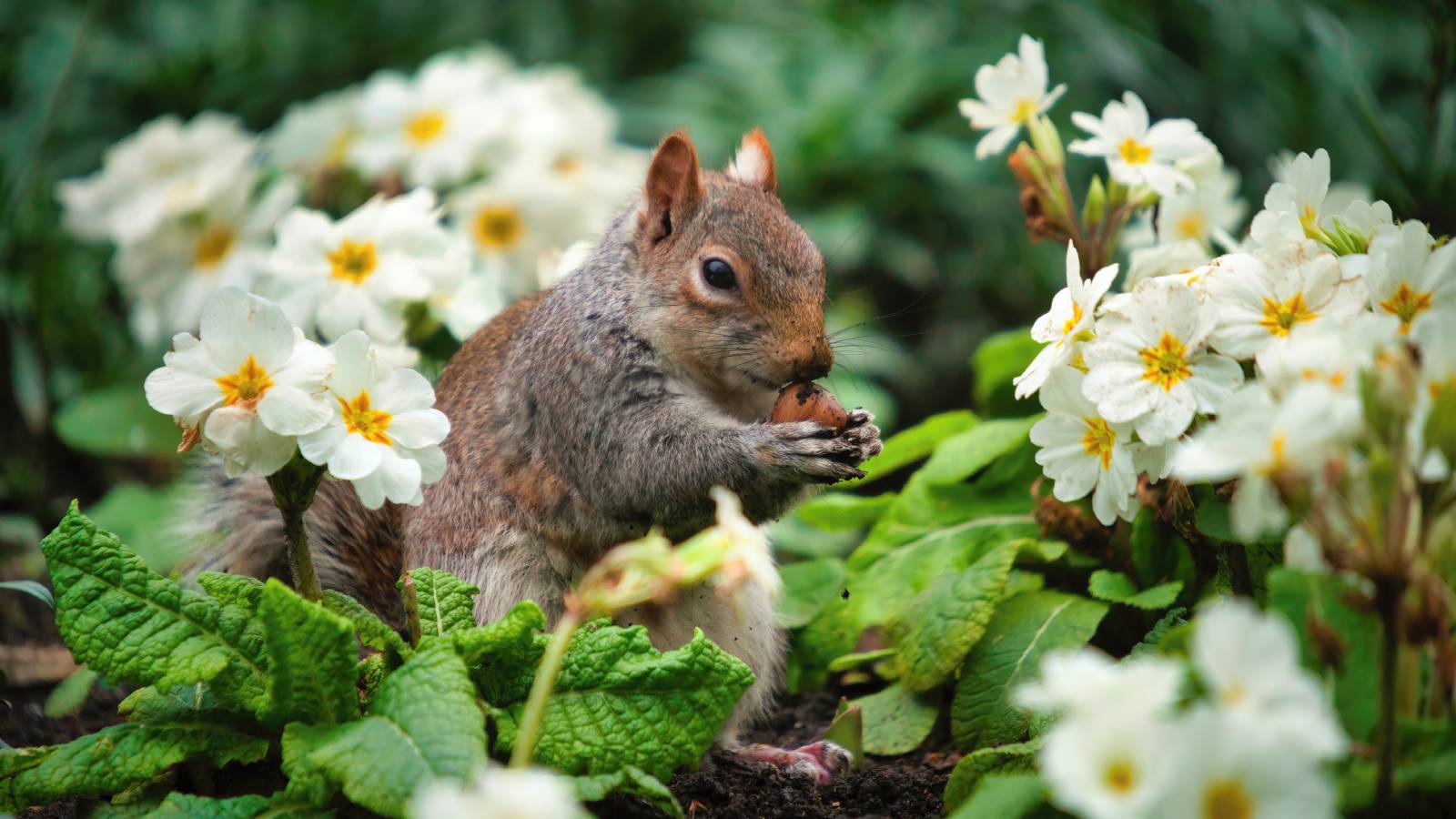
Sign up for the Gardening Know How newsletter today and receive a free copy of our e-book "How to Grow Delicious Tomatoes".
You are now subscribed
Your newsletter sign-up was successful
Squirrels have a way of spotting your fresh bulb garden and turning it into their personal playground. They sniff the loose dirt and dive in, leaving holes where your tulips should be. It’s enough to make you swear off bulbs altogether. But there are ways to fight back without giving up on spring color that you’ve been patiently waiting for.
Knowing how to keep squirrels from digging up bulbs comes down to knowing their habits. They’re not actually trying to wreck your garden – they’re just hunting for a nice winter snack. Soft, starchy bulbs are their go-to, and easy to find by smell. Understanding that helps you pick the right defenses.
Let’s break down why they dig and five practical ways to stop them, from simple tweaks to tougher barriers. A bit of know how on how to get rid of squirrels is key to beautiful flowers from your bulbs. It’s about staying ahead of those bushy-tailed bandits.
Why Squirrels Dig Up Bulbs
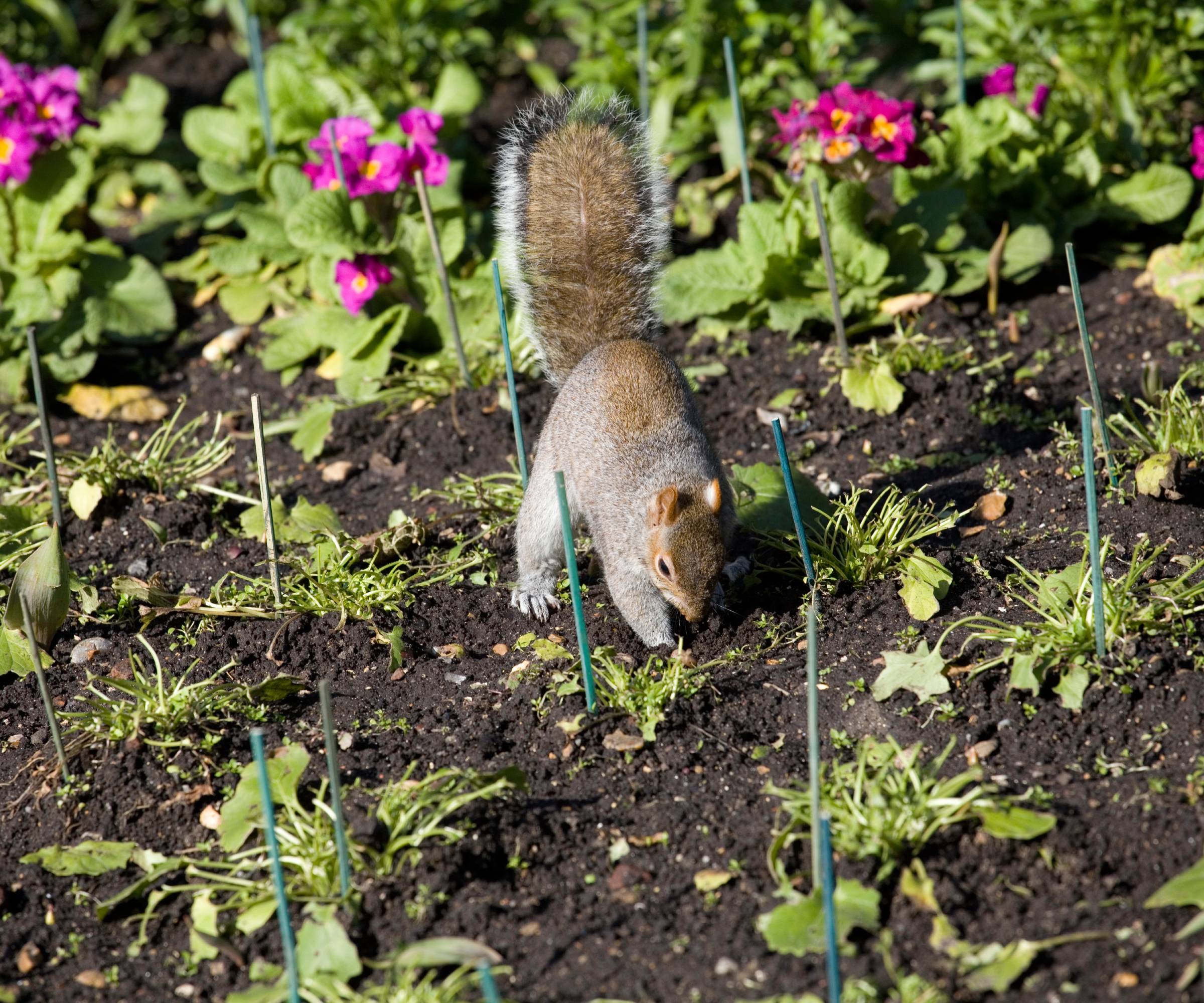
Squirrels dig up bulbs because they’re putting away food for the cold months, when food is harder to find. Freshly planted bulbs are soft, full of carbs, and smell like dinner to them. They paw through loose fall soil, grabbing whatever looks good. Tulips are their top choice – sweet and easy to munch. Crocuses get hit hard too – the big ones they mistake for nuts. Hyacinths and daffodils take a beating, though daffodils’ bitterness makes them less tasty.
They ignore bulbs that are hard, bitter, or smelly. In yards with lots of squirrels, you might lose half your bed before anything sprouts. Picking the right bulbs is the first move to cut that risk.
1. Plant Deeper and Water Well
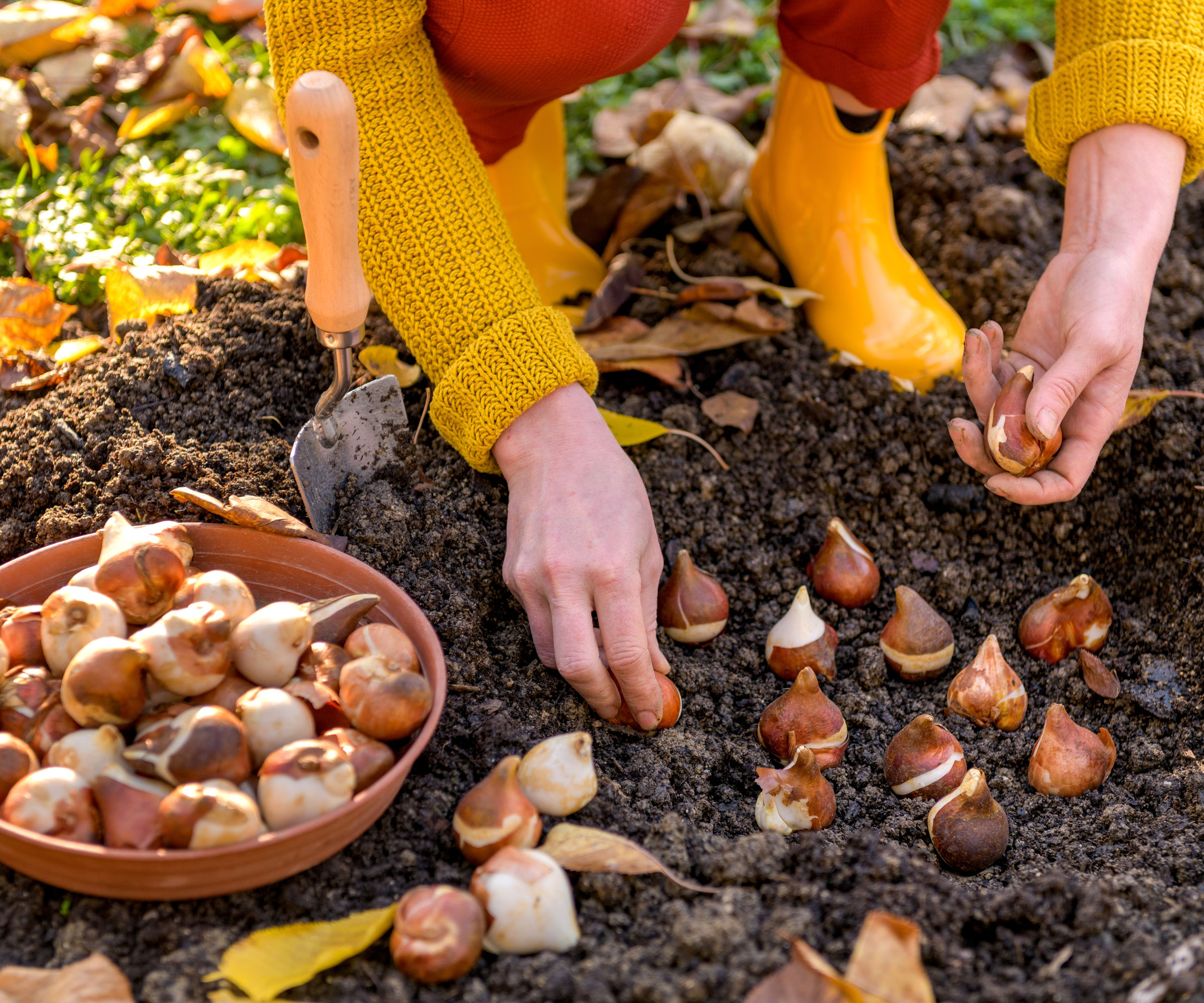
Planting bulbs deeper makes them just a little bit harder for squirrels to reach. Instead of 4-6 inches (10-15 cm), bury them more like 8-10 inches (20-25 cm) down. The extra soil layer gives roots a head start and keeps paws out. Water thoroughly after planting – the wet dirt packs down, making it less fun to dig.
A trick is to soak the soil overnight before planting. It settles everything tight, and squirrels hate the work. This works best for bulbs in loose soil. Just make sure drainage is good, or bulbs rot in the mud.
Sign up for the Gardening Know How newsletter today and receive a free copy of our e-book "How to Grow Delicious Tomatoes".
2. Create a Barrier
Barriers are a solid line of defense. Lay chicken wire or hardware cloth over the bed before backfilling. Cut holes for each bulb, then cover with soil. Squirrels hit the wire and give up. Use chicken wire, like this from Amazon that’s a half-inch mesh – too small for digging.
For pots, wrap the bottom with mesh or use bulb cages. These metal guards keep squirrels out while letting roots grow. Install in fall, and remove in spring if you want, though leaving them in works too. It’s a one-time fix that lasts seasons.
3. Use Deterrents like Cayenne Pepper
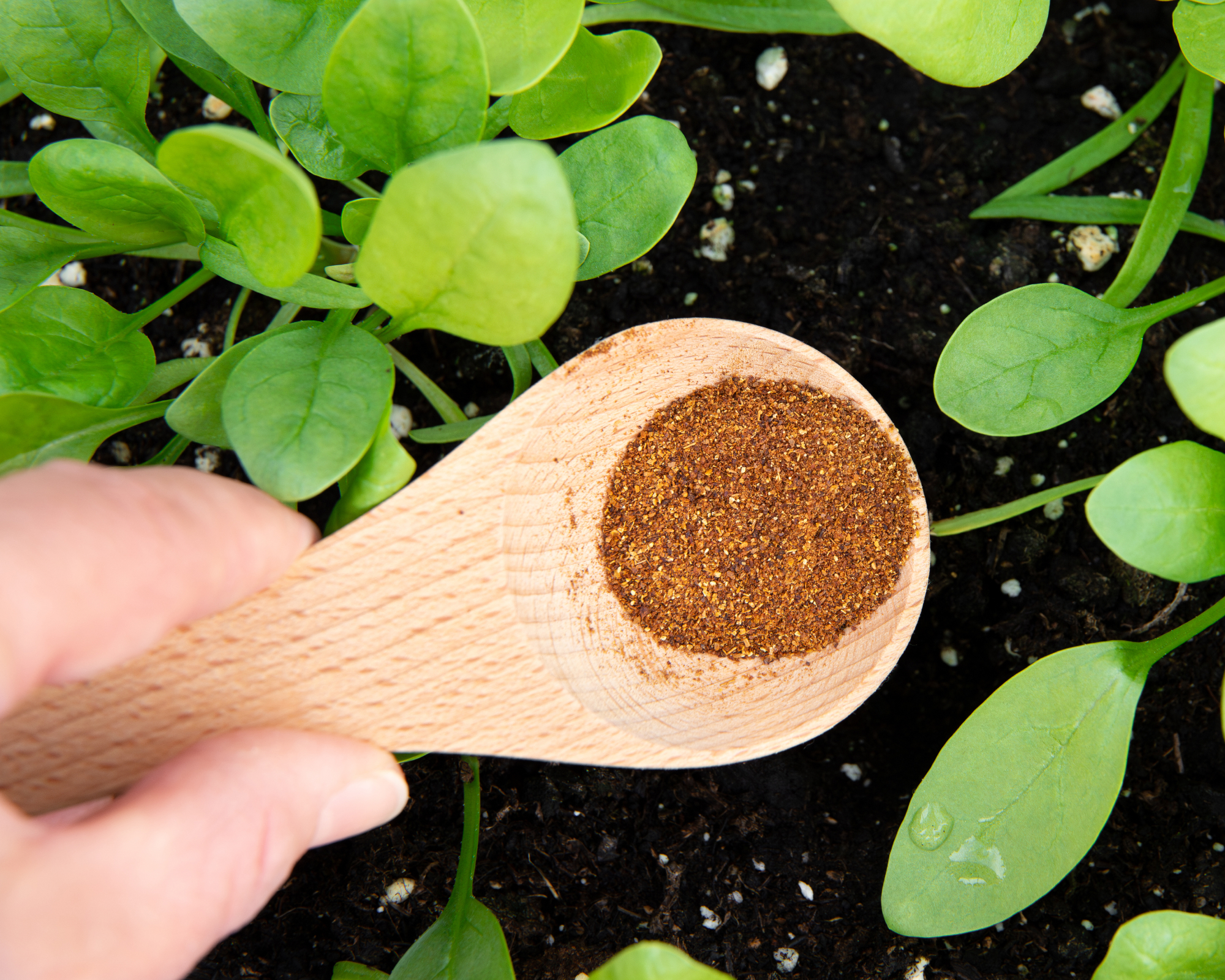
Spicy deterrents turn bulbs into something squirrels want no part of. After planting, just sprinkle cayenne pepper or a splash of hot sauce on the soil. Those critters catch a whiff and bolt – the burn hits their noses like fire. Reapply whenever rain washes it away or every couple of weeks to stay strong.
A cayenne pepper spray amps it up even more – whisk it with water and mist the bed. It’s a steal and won’t hurt your plants. Crank the heat with something like Liquid Fence from Amazon if you need more punch.
4. Use Squirrel-Resistant Bulbs
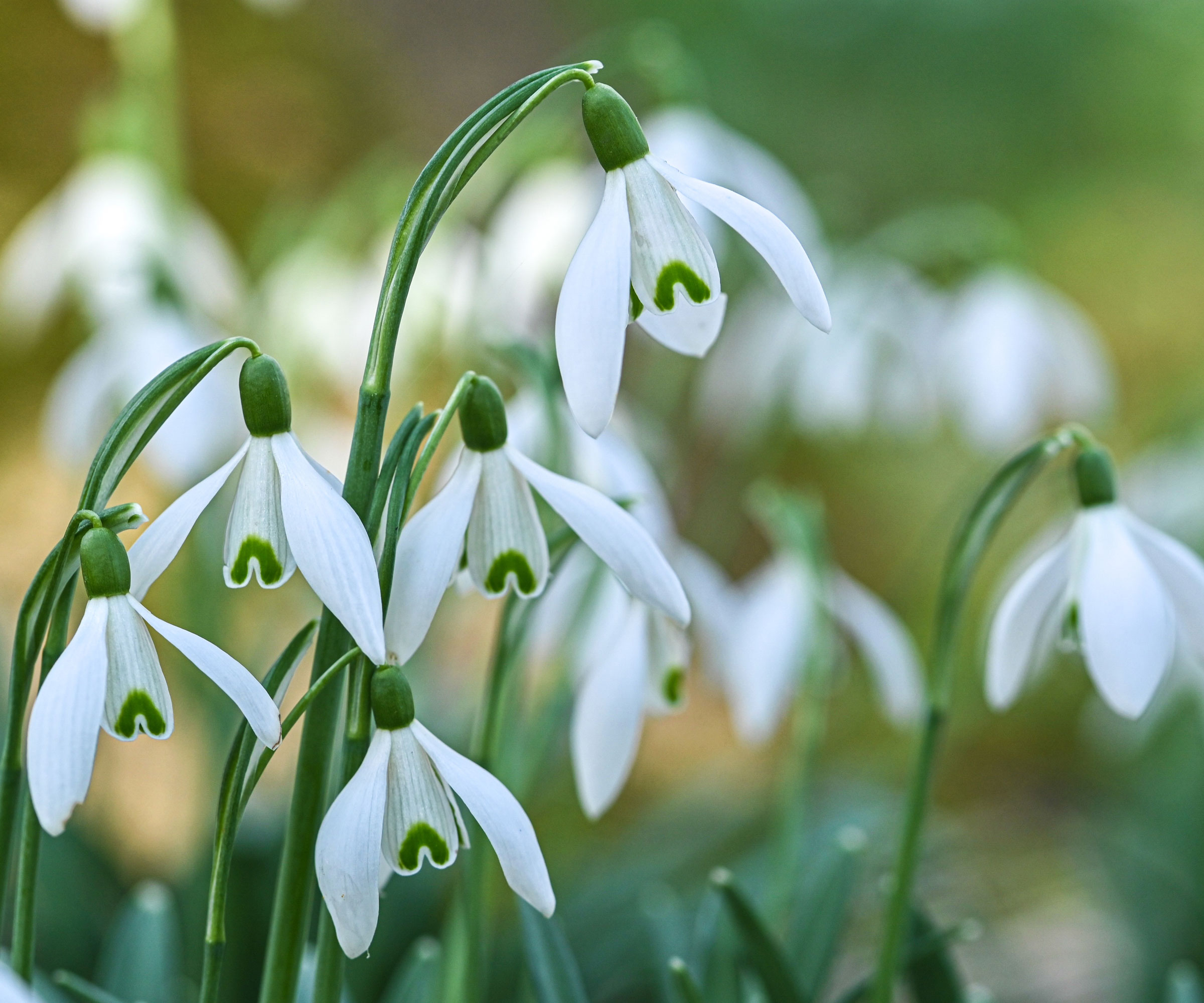
Switch to squirrel-resistant bulbs. Alliums and fritillaries have bitter tastes or tough skins they avoid. Plant these instead of tulips or crocuses, and your bed stays intact. They bloom just as pretty but without the squirrel drama.
Mix in snowdrops or lily of the valley for variety – they’re toxic or smelly, so squirrels pass. It’s the easiest way to win without extra work.
5. Grow Companion Plants
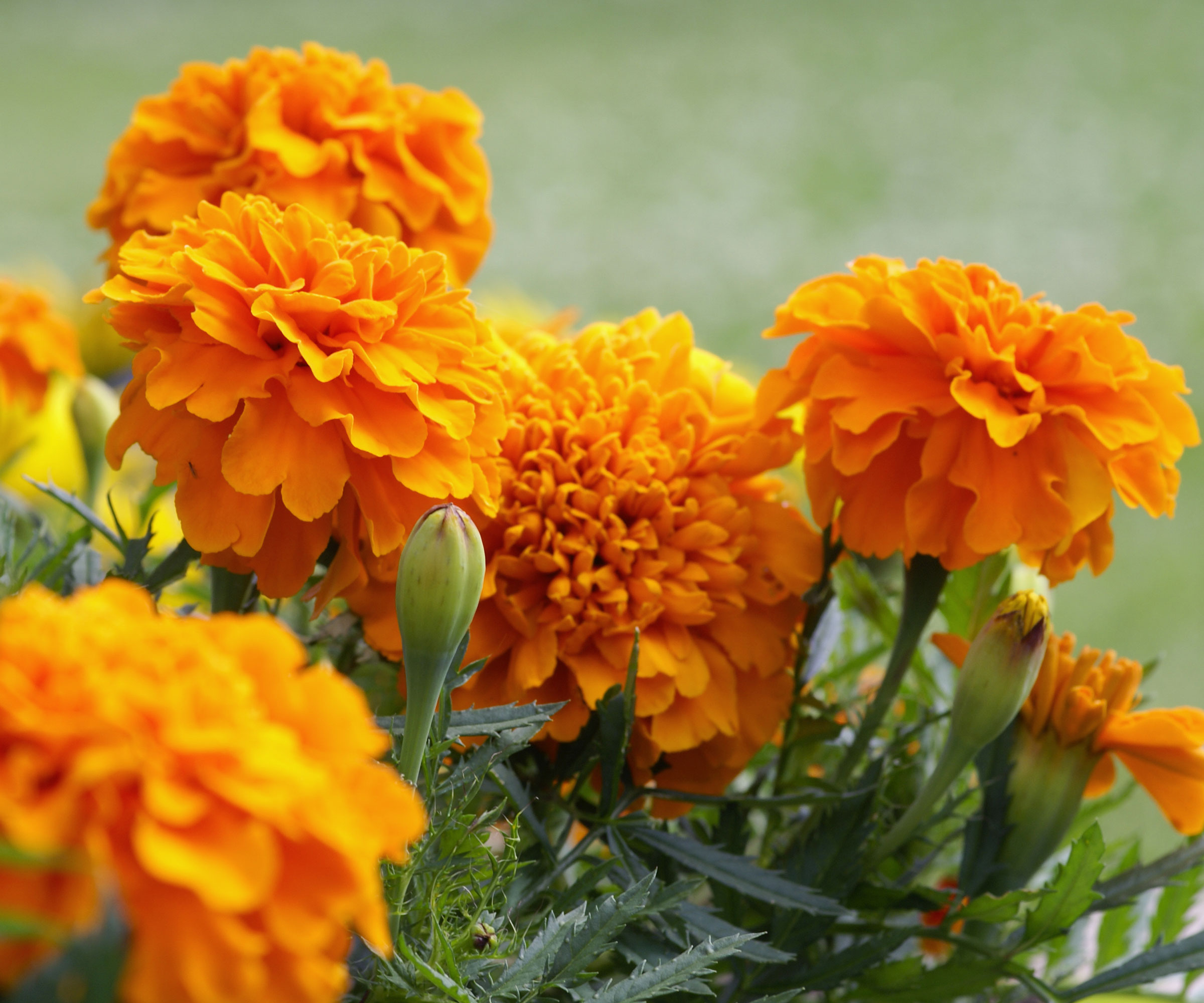
Companion planting confuses squirrels. Plant bulbs near pungent plants – their smells mask the bulb scent. Marigolds or lavender work well, with their strong aromas that throw off a squirrel’s nose.
Sow garlic or onions around the bed. They’re cheap and repelling. A row of these keeps squirrels guessing. It’s a natural way to protect your bulbs without chemicals or barriers.
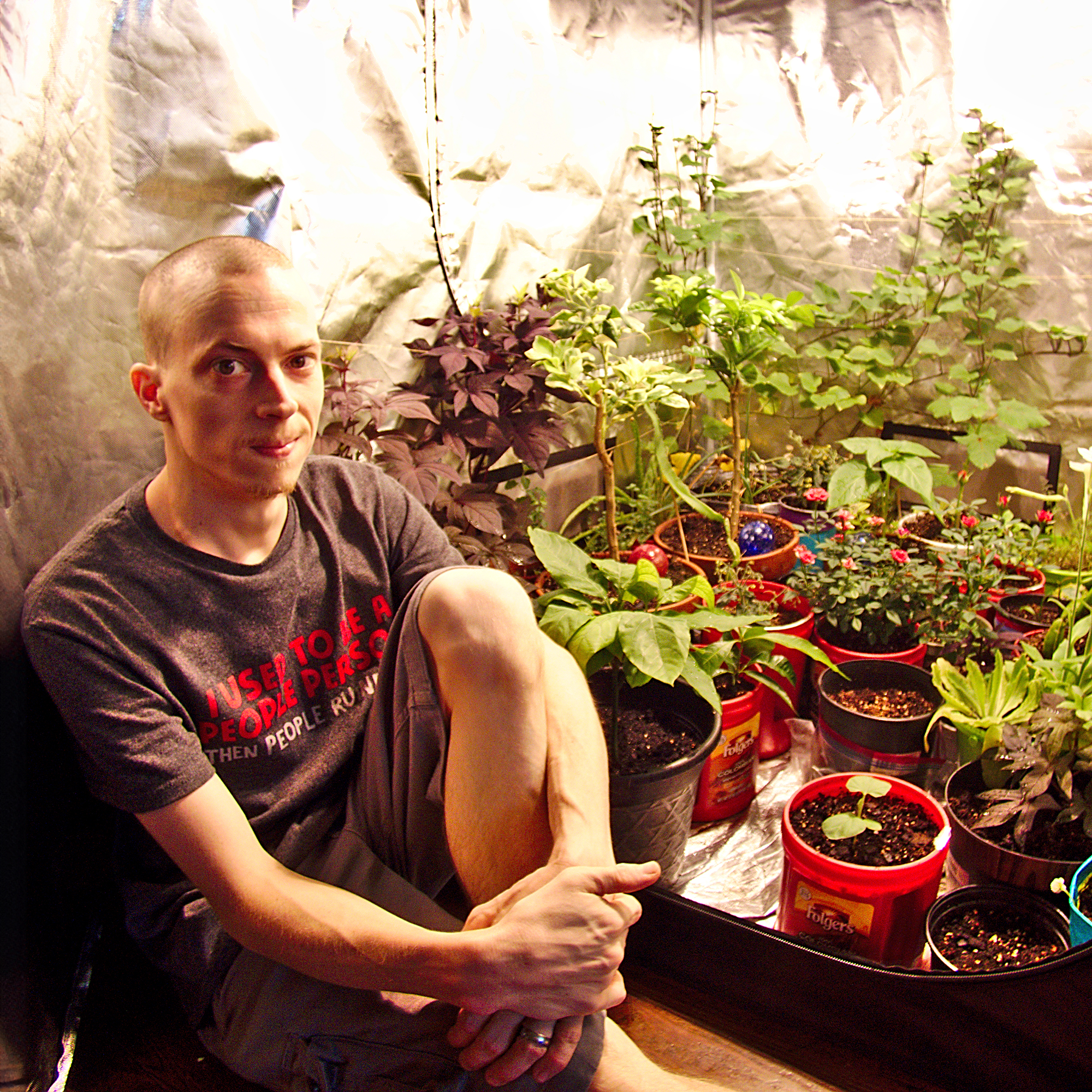
Tyler’s passion began with indoor gardening and deepened as he studied plant-fungi interactions in controlled settings. With a microbiology background focused on fungi, he’s spent over a decade solving tough and intricate gardening problems. After spinal injuries and brain surgery, Tyler’s approach to gardening changed. It became less about the hobby and more about recovery and adapting to physical limits. His growing success shows that disability doesn’t have to stop you from your goals.